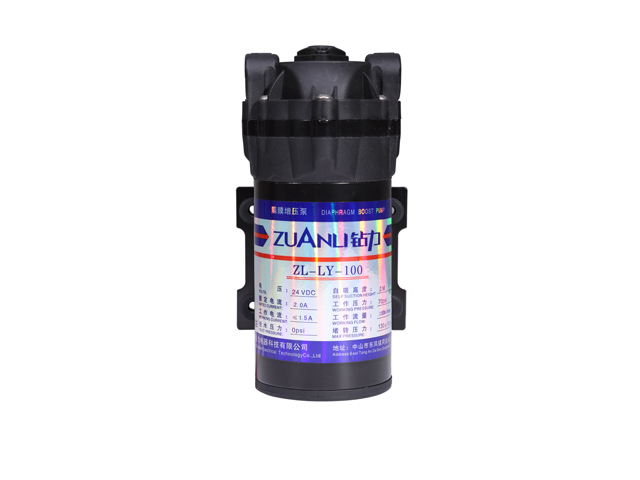Reverse Osmosis Pump: The Heart of Water Filtration Systems
2025-05-06
If you’ve ever wondered how reverse osmosis (RO) systems clean your drinking water, then the reverse osmosis pump is the unsung hero you need to know about.
Simply put, reverse osmosis is a water filtration process that uses a semi-permeable membrane to remove impurities, contaminants, and even some salts from water. But, for the system to work properly, you need a pump to maintain the pressure needed to push water through that membrane. That’s where the RO pump comes in.

Why is an RO Pump Important?
In any reverse osmosis system, water has to be pushed through the membrane at a high pressure to force clean water through while leaving the contaminants behind. The RO pump helps create and maintain this pressure. Without it, the system wouldn’t be able to filter water effectively.
Here’s why the pump is so crucial:
- Pressure control: The pump maintains the optimal pressure for the RO membrane to remove impurities efficiently.
- Increased water flow: Without a pump, water flow would be much slower, meaning you’d get less clean water.
- Energy efficiency: Modern RO pumps are designed to be energy-efficient, making them more cost-effective in the long run.
- Improved filtration: With proper pressure, the pump helps filter out even the smallest particles, ensuring your water is as pure as possible.
Where Are Reverse Osmosis Pumps Used?
These pumps aren’t just for home water filtration systems. They’re also used in industrial applications, aquariums, and even desalination plants where huge volumes of water need to be purified. Whether you're drinking clean, filtered water at home, or treating large amounts of water for manufacturing, the RO pump plays a big role.
Types of Reverse Osmosis Pumps
- High-pressure pumps: These are used in larger systems, like industrial applications or desalination, where a lot of water needs to be filtered.
- Booster pumps: For smaller residential systems, booster pumps help increase the pressure to ensure the water flows through the membrane correctly.
- Permeate pumps: These are used to optimize the efficiency of the system by using the pressure of the waste water to push clean water through the membrane.
Key Takeaways
In essence, the reverse osmosis pump is a vital part of ensuring that your water filtration system works at its best. It keeps the process running smoothly by maintaining the right pressure to filter out impurities and contaminants, whether you’re at home or running a large-scale industrial system.


